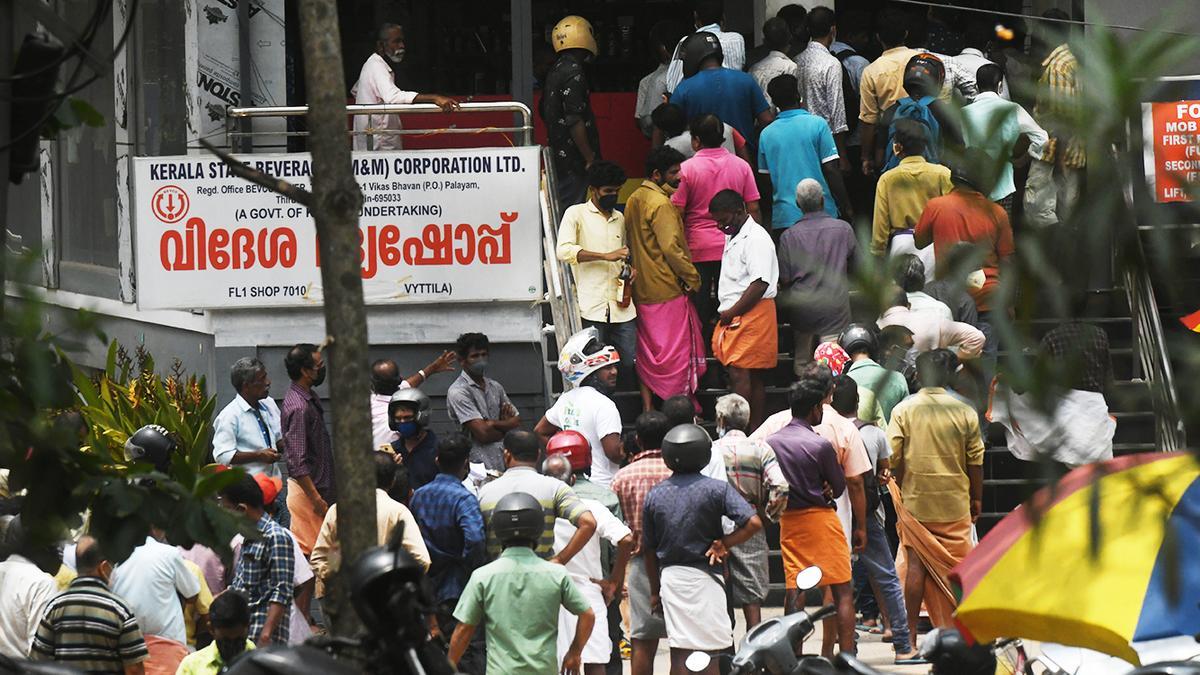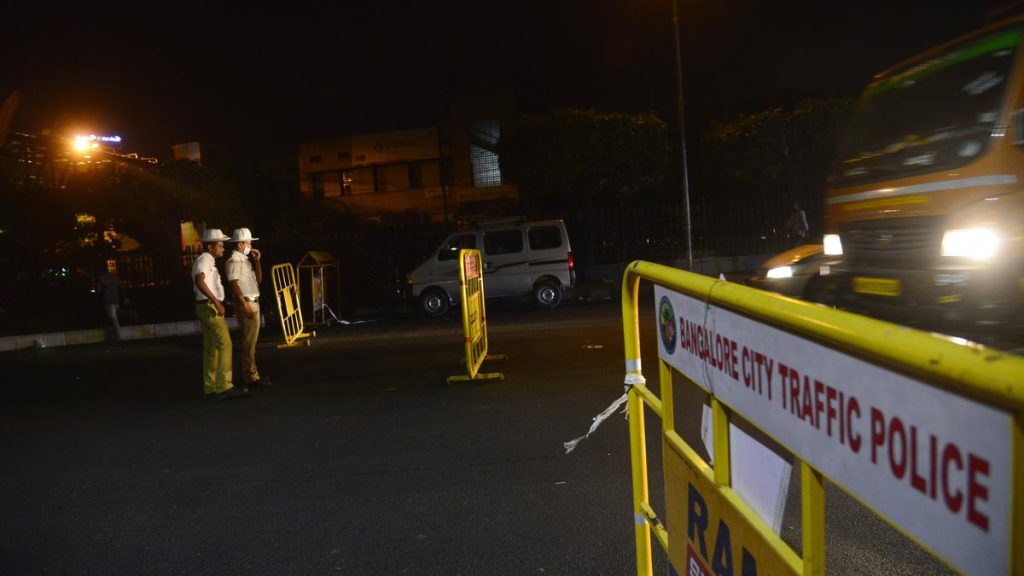Now Reading: Kerala’s Bevco Achieves 40% Return Rate in Plastic Bottle Buy-Back Initiative
-
01
Kerala’s Bevco Achieves 40% Return Rate in Plastic Bottle Buy-Back Initiative
Kerala’s Bevco Achieves 40% Return Rate in Plastic Bottle Buy-Back Initiative

Fast Summary:
- Kerala State Beverages Corporation Ltd. (Bevco) initiated a pilot plastic bottle buy-back scheme on September 10 at 10 outlets each in Thiruvananthapuram and Kannur districts to combat environmental pollution caused by discarded liquor bottles.
- Approximately 40% of plastic bottles sold are being returned under the scheme so far, as stated by Bevco CMD harshita Attaluri.
- Customers pay an additional refundable deposit of ₹20 for each bottle, with dissatisfaction noted about returning the bottle to the same outlet for refunds.
- Challenges include longer queues due to QR-code labeling and delays in deploying dedicated Kudumbashree workers for collection activities; currently handled by Bevco staff, leading to operational strain.
- Clean Kerala Company Ltd. has begun collecting returned bottles from outlets for recycling; space storage issues persist pending regular removal schedules.
- Discussions are underway about expanding the program statewide by January 2026 to include glass bottles and cans while considering outsourcing processes or setting up collection booths at no additional cost to Bevco.
Indian Opinion Analysis:
The pilot effort by Bevco marks an vital step toward addressing environmental issues related to plastic waste through corporate responsibility measures like buy-back schemes-a model requiring coordination across stakeholders such as recycling entities and community workers like Kudumbashree members. While operational inefficiencies such as extended wait times at counters highlight logistical challenges, lessons from this phase offer valuable insights into scaling similar programs effectively across broader regions or incorporating diverse materials like glass containers.
Encouragingly, initial feedback-such as reduced roadside dumping-is promising even amidst reported customer dissatisfaction over return procedures tied solely to purchase locations. Public adaptation remains pivotal here: smoother workflows (e.g., cross-location returns) could mitigate negative perceptions while fostering participation sustainably long-term policy refinement certainly merits time Prioritization
Read more: The Hindu























